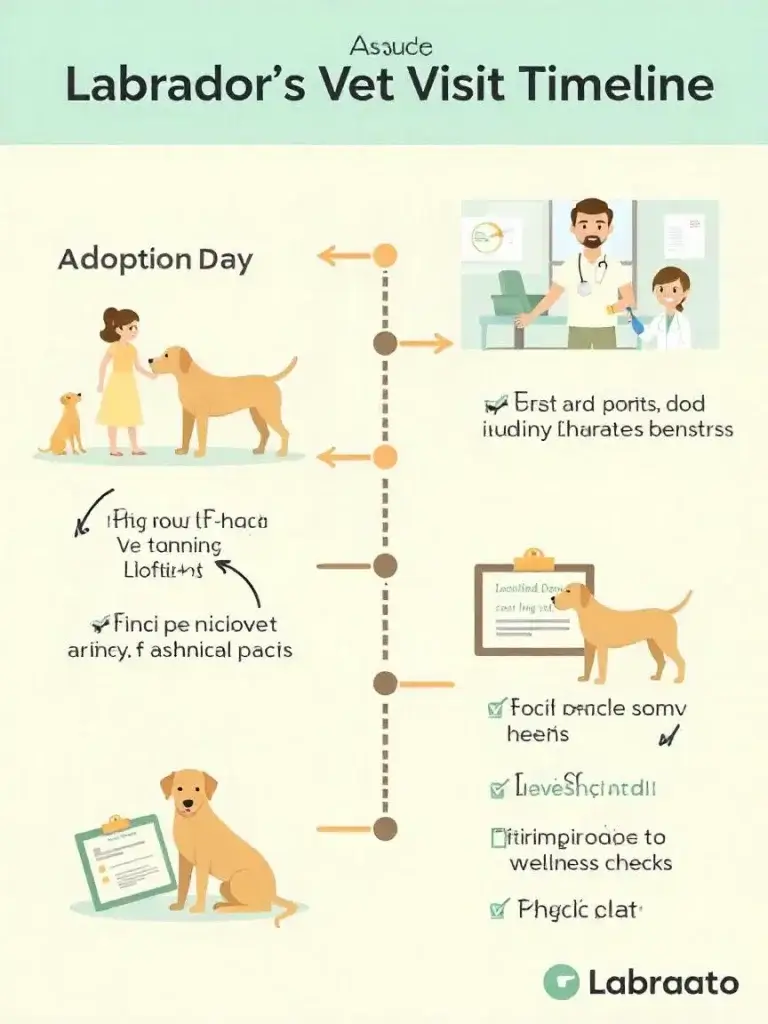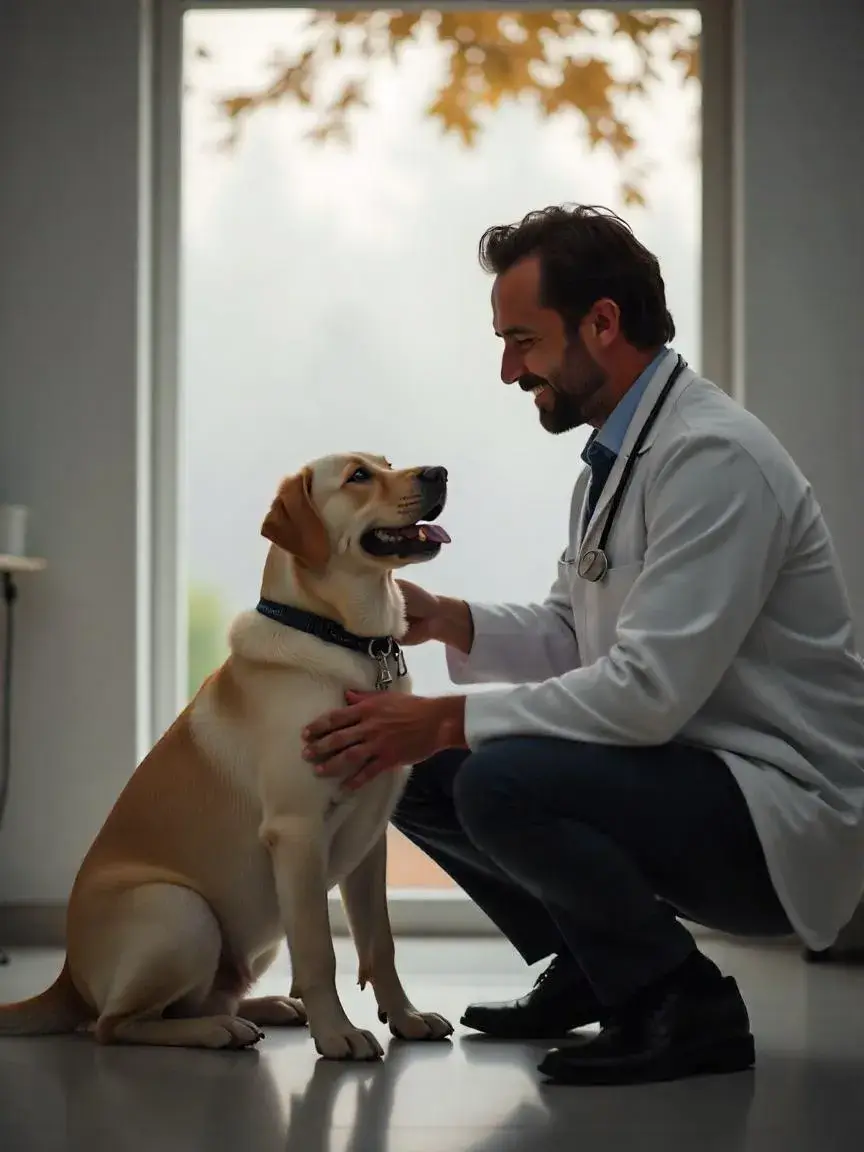In today’s guide, we’ll explore why regular veterinary visits are especially vital for adopted dogs, who often arrive with unknown medical histories and potential health risks. Early and ongoing check-ups allow for timely identification of hidden conditions, tailored preventive care plans—including vaccinations and parasite control—and the establishment of a comprehensive health record that supports long-term well-being. With the right schedule and preparation, you can build a strong partnership with your veterinarian to give your rescued companion the healthiest start possible.
Why Regular Vet Visits Are Crucial for Adopted Dogs
Adopted dogs frequently come from shelters or rescues with incomplete medical backgrounds, making an immediate veterinary exam non-negotiable to assess their overall health and identify urgent issues. Early wellness visits help uncover conditions such as heartworm, intestinal parasites, or infectious diseases before they become serious. Moreover, veterinarians can begin preventive protocols—vaccinations, flea/tick/heartworm prevention, and microchipping—to protect your dog and your household.
Benefits of Regular Vet Visits
Early Detection of Health Issues
Identifying Hidden Conditions
Many diseases in dogs—like kidney disease, diabetes, and certain cancers—show minimal symptoms until advanced stages. Regular exams allow vets to detect subtle signs through bloodwork, urinalysis, and physical assessment.
Improved Treatment Outcomes
Timely diagnosis often leads to less invasive treatments, lower costs, and a better prognosis for your dog’s long-term health.
Preventive Healthcare and Vaccinations
Vaccination Schedules
Veterinarians will establish an individualized vaccination plan based on your dog’s age, lifestyle, and exposure risk—essential for shelter dogs that may have unknown vaccine histories.
Parasite Prevention
A vet can recommend heartworm, flea, tick, and deworming protocols tailored to your region’s prevalent parasites and your dog’s lifestyle.
Building a Health History
Maintaining detailed records of weight, lab results, and prior treatments enables your vet to spot deviations over time and adjust care accordingly. This longitudinal data is especially important for adopted dogs, whose early-life health may be undocumented.
Recommended Vet Visit Schedule for Adopted Dogs

First Visit: Timing and Checklist
Bring your dog in within 7–15 days of adoption to complete a full physical exam, update or start vaccinations, perform parasite screenings, and discuss behavioral or nutritional concerns.
Annual Wellness Exams
For healthy adult dogs, at least one annual wellness visit is advised to reassess preventive care needs and monitor for age-related changes.
Special Considerations: Puppies and Senior Dogs
- Puppies: Require multiple visits (every 3–4 weeks) until their full vaccine series and spay/neuter schedule are complete.
- Senior Dogs: Benefit from biannual check-ups to manage chronic conditions and detect early signs of age-related diseases.
Tips for a Successful Vet Visit
Preparing Your Dog for the Appointment
Familiarize your dog with their carrier or car rides to reduce stress. Practice gentle handling at home to make the exam easier.
What to Bring
- Adoption paperwork and any prior medical records
- A fresh stool sample for parasite screening
- A list of questions or concerns (behavioral changes, dietary notes)
Questions to Ask Your Vet
- Which vaccine schedule do you recommend given my dog’s background?
- What parasite prevention is best for my area?
- How can I support dental health year-round?
How to Celebrate Your Adopted Dog’s Gotcha Day
Conclusion
Regular veterinary visits form the cornerstone of preventive health for adopted dogs, addressing unknown risks, ensuring timely vaccinations and parasite control, and building a vital health history. By following the recommended schedule and preparing thoroughly for each visit, you empower your vet to provide personalized care—helping your rescue dog thrive in their forever home.


